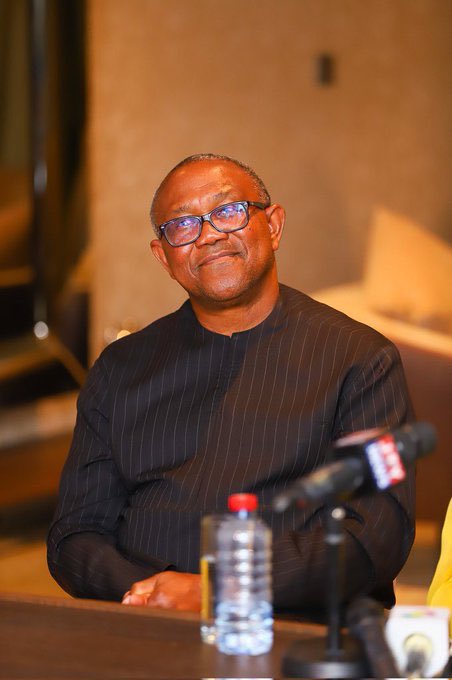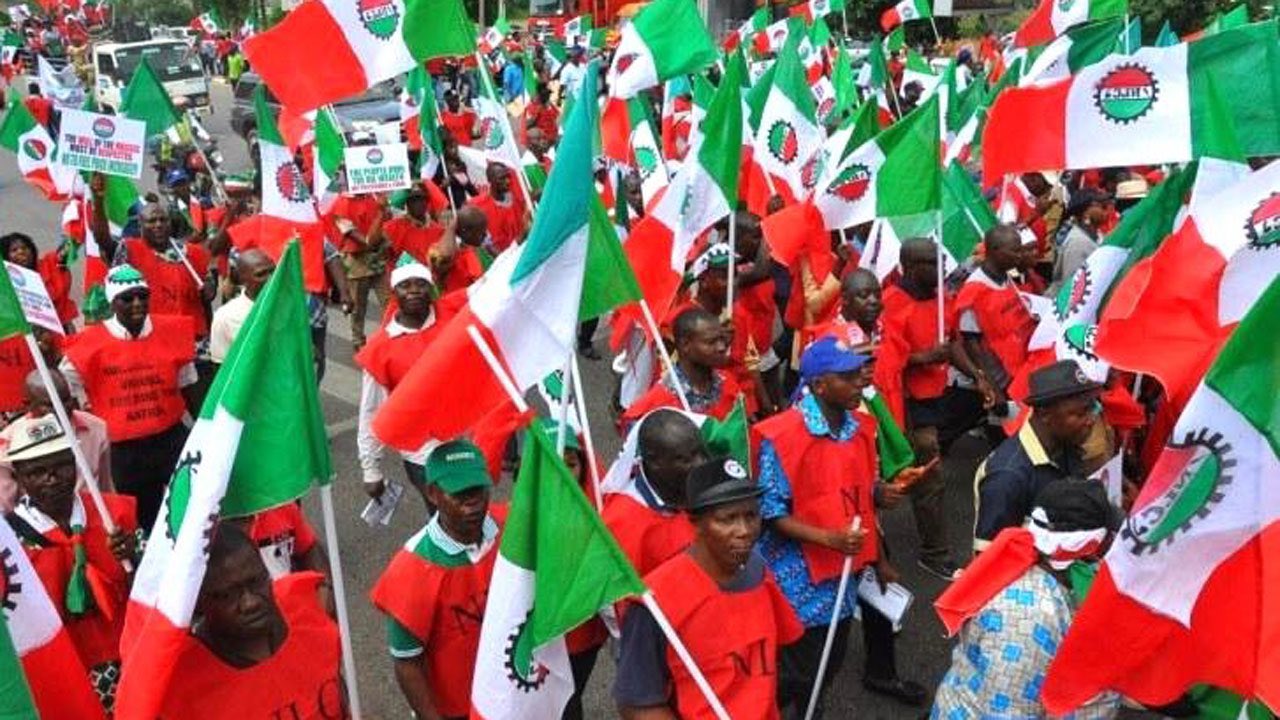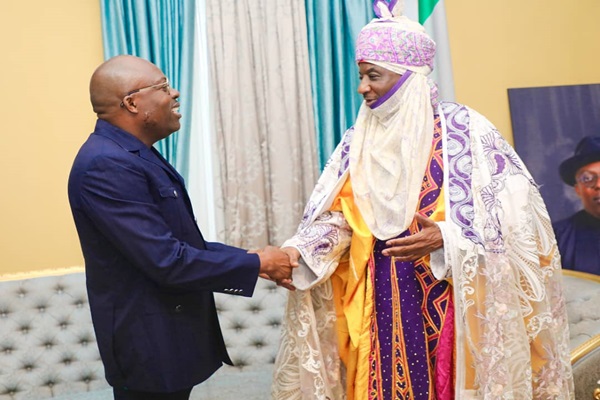The Labour Party's presidential candidate in last year’s general election, Mr. Peter Obi, has criticized the Federal Government for allocating N1 billion for the construction of hostels in 12 tertiary institutions, calling it financial recklessness and a misplacement of priorities.
In a statement by his spokesman, Yunusa Tanko, Obi described the continued deployment of public resources to nonessential areas as unacceptable. He highlighted Nigeria's poor and embarrassing position in global school enrollment averages, arguing that the government's budget allocation reflects a disregard for critical educational needs.
Obi pointed out that the government is allocating a mere N1 billion for hostel construction in tertiary institutions while budgeting N10 billion for car parks and recreational facilities. He emphasized the disparity in educational investments compared to other sectors, calling for greater fiscal discipline.
In a post on his X (formerly Twitter) handle, Obi said: “As the giant of Africa, which we are, I remain concerned about our fiscal indiscipline as a nation. Imagine the situation in our Education sector where the global average of secondary school enrollment is above 80 percent, while Nigeria is 28 percent. The global average of tertiary school enrollment is above 55 percent, while Nigeria is less than 15 percent. Yet, our budget for the National Assembly car parks is N6 billion. The budget for the National Assembly recreational facilities is N4 billion. Approved for the construction of hostels in 12 tertiary institutions is just N1 billion. It is time for us to stop this financial indiscipline and embrace financial discipline by prioritizing the allocation of resources to the critical areas of human and national development.”
However, an aide to the President, who requested anonymity, countered Obi's claims, stating that the former Anambra State governor got his facts wrong. The aide clarified that the government plans to spend N12 billion (N1 billion each) as a special intervention for hostel provision in selected higher institutions. He criticized Obi for allegedly spreading misinformation, suggesting that being in opposition should not involve amplifying falsehoods.
The debate highlights the ongoing contention over budget allocations and the prioritization of resources in Nigeria's educational sector, reflecting broader concerns about fiscal management and national development priorities.




